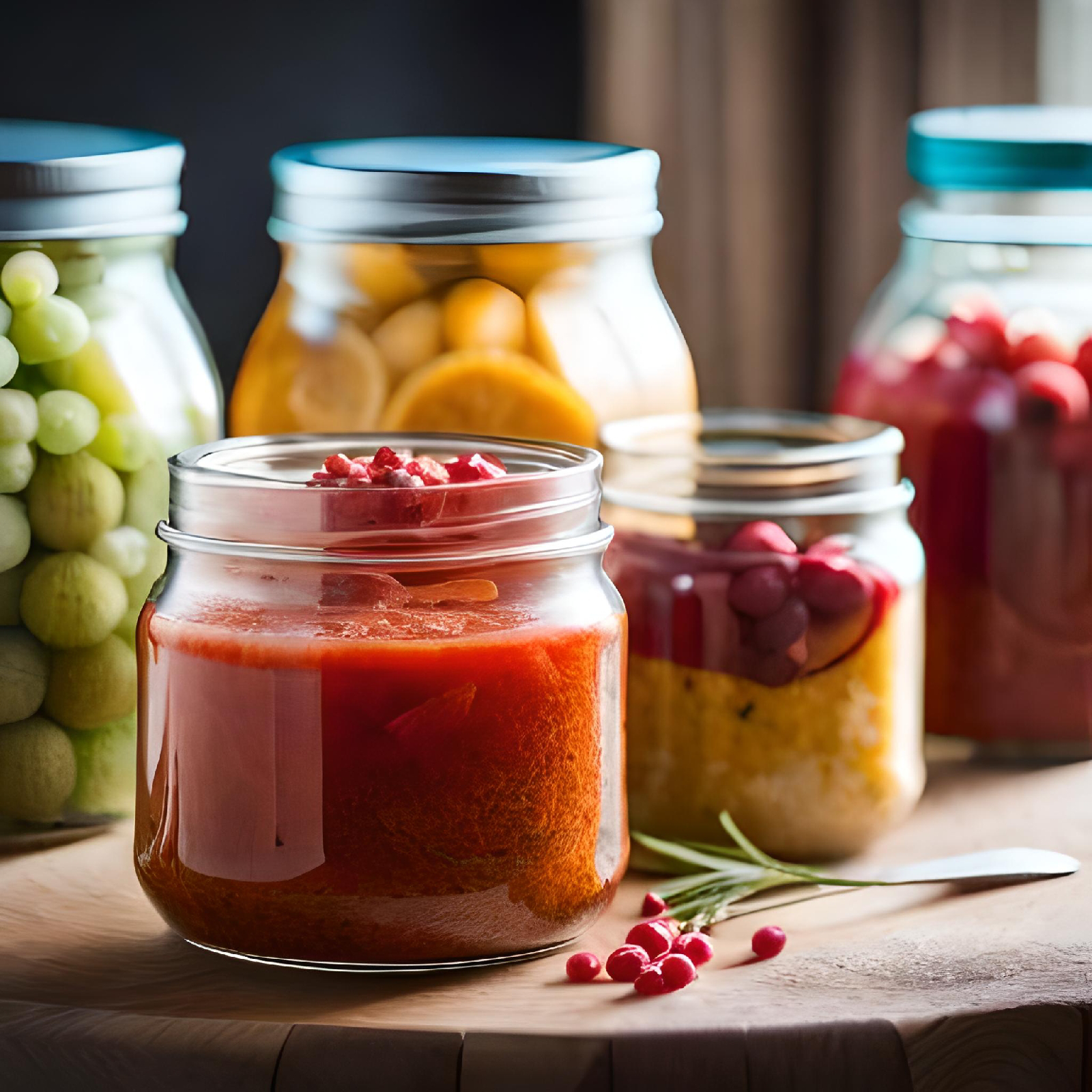## Presentatio
In the present interconnected world, the morals of food creation have gone under examination more than ever. As customers become more aware of the effect of their decisions on the climate, creature government assistance, and human wellbeing, the interest for morally delivered food keeps on rising. This article investigates the different parts of the morals of food creation, revealing insight into supportable and dependable practices that focus on the prosperity of the planet, creatures, and networks.
## The Morals of Food Creation: A Multi-layered Point of view
### The Ecological Effect of Food Creation
Manageability lies at the core of moral food creation. One can't examine the morals of food creation without tending to its natural effect. Modern agribusiness, portrayed by serious monocultures and weighty substance use, has prompted deforestation, soil corruption, water contamination, and ozone harming substance discharges. Progressing to feasible cultivating rehearses, like natural cultivating, regenerative agribusiness, and permaculture, is fundamental for limiting ecological mischief.
### Creature Government assistance in Food Creation
One more basic part of moral food creation is the treatment of creatures engaged with the interaction. Production line cultivating has raised worries about the control, packing, and coldhearted practices incurred upon creatures. Purchasers are progressively requesting higher government assistance norms and looking for options like unfenced, field raised, and guaranteed natural items. Supporting makers who focus on creature government assistance adds to a more moral and humane food framework.
### Common liberties and Fair Exchange
Moral food creation reaches out past ecological and creature government assistance contemplations to incorporate common freedoms and fair exchange. In numerous areas, farming laborers persevere through unfortunate working circumstances, low wages, and abuse. Fair exchange accreditation guarantees that makers get fair costs for their items and that work guidelines are maintained. By supporting fair exchange drives, purchasers can add to the prosperity of ranchers and laborers associated with food creation.
### Sanitation and Wellbeing
The morals of food creation include guaranteeing food handling and advancing shopper wellbeing. The utilization of hurtful pesticides, anti-infection agents, and hereditarily adjusted life forms (GMOs) in regular farming has raised worries among wellbeing cognizant people. Selecting natural and privately obtained food decreases openness to possibly hurtful substances and supports maintainable cultivating rehearses that focus on soil wellbeing and biodiversity.
## The Morals of Food Creation: Every now and again Got clarification on some pressing issues
### FAQ 1: What is the effect of modern agribusiness on the climate?
Modern horticulture has a huge natural effect. The dependence on manufactured manures and pesticides prompts water contamination, while huge scope monocultures add to deforestation and soil debasement. Moreover, the energy-serious nature of modern farming outcomes in significant ozone harming substance outflows, fueling environmental change.
### FAQ 2: How might I uphold reasonable and moral food creation?
Supporting feasible and moral food creation should be possible through cognizant purchaser decisions. Select natural and privately obtained food whenever the situation allows, as these choices frequently focus on ecological and creature government assistance concerns. Search for certificates like Fair Exchange, Rainforest Collusion, and Affirmed Accommodating to guarantee the items you pick satisfy higher moral guidelines.
### FAQ 3: Are there options in contrast to processing plant cultivated creature items?
Indeed, there are options in contrast to plant cultivated creature items. Consider picking unfenced, field raised, or natural meat, poultry, and dairy items. These choices furnish animals with better day to day environments and frequently include more economical cultivating rehearses. Moreover, investigating plant-based options can be a merciful decision that lessens dependence on creature items by and large.
### FAQ 4: How really does fair exchange accreditation help ranchers and laborers?
Fair exchange affirmation guarantees that ranchers and laborers get fair costs for their items and
that work principles are maintained. It engages ranchers in agricultural nations by furnishing them with better market access and further developed bartering power. By picking fair exchange items, customers add to destitution mitigation and the supportable improvement of cultivating networks.
### FAQ 5: Is natural food creation better for my wellbeing?
Natural food creation focuses on the utilization of normal sources of info and maintains a strategic distance from manufactured pesticides, anti-toxins, and GMOs. While the drawn out medical advantages of natural food utilization are as yet discussed, picking natural can diminish openness to possibly hurtful substances. Moreover, natural cultivating rehearses advance soil wellbeing and biodiversity, which are fundamental for long haul food security.
### FAQ 6: How might I have a beneficial outcome on the morals of food creation?
You can have a constructive outcome on the morals of food creation by teaching yourself about the issues and going with informed decisions. Support nearby ranchers and economical food frameworks by shopping at ranchers' business sectors and joining local area upheld agribusiness programs. Advocate for strategy changes that focus on maintainability, creature government assistance, and fair exchange. Each little step towards a more moral food framework counts.
## End
The morals of food creation envelop a scope of interconnected contemplations, including natural effect, creature government assistance, common liberties, and shopper wellbeing. As customers, we have the ability to drive change by supporting economical and capable practices. By focusing on natural, privately obtained, and morally confirmed items, we add to a more maintainable future and a food framework that sustains the two individuals and the planet.







